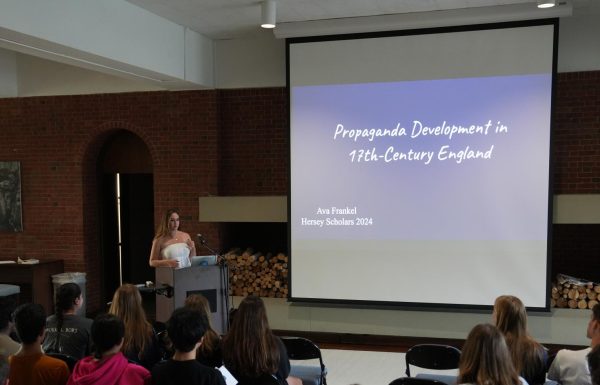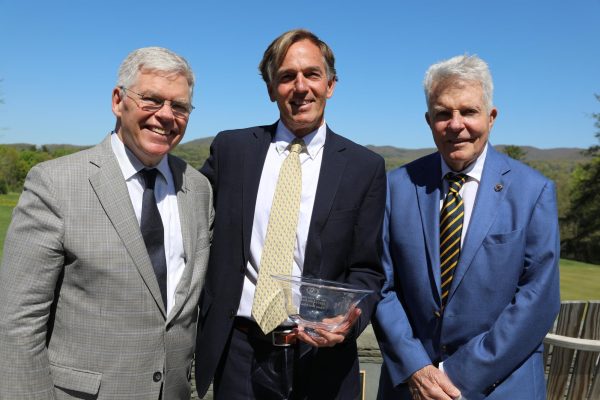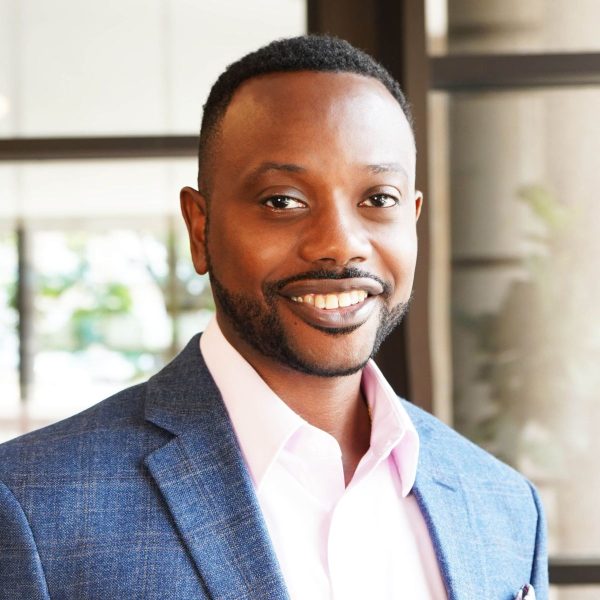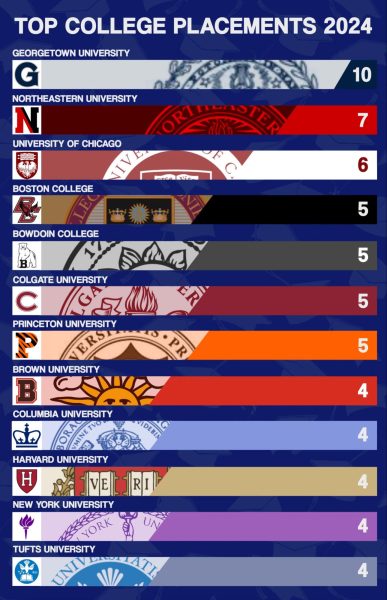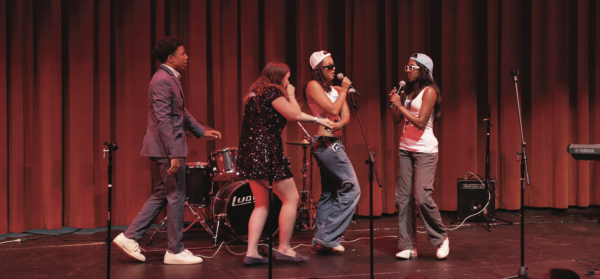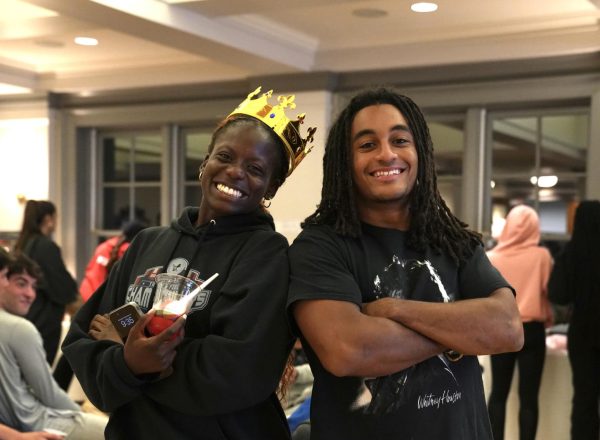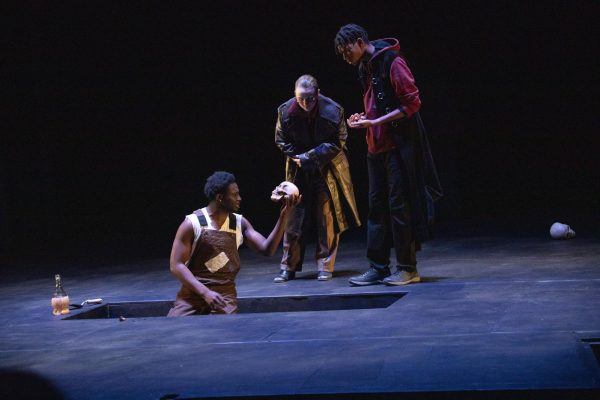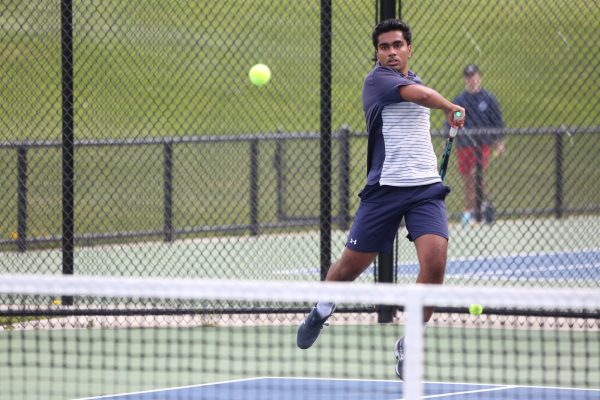Guaidó Claims Venezuelan Presidency
When Juan Guaidó, President of the National Assembly of Venezuela, declared himself the nation’s president, the rest of the world was left to decide whether Guaidó or President Nicolás Maduro, who had been sworn in for a second six-year term just two weeks prior, was the country’s legitimate leader.
Nicolás Maduro was first elected the president of Venezuela in April 2013. During his first term in office, Venezuela experienced rapid economic decline, and many citizens blamed Maduro’s socialist government for this free fall. He was re-elected to office in May of 2018 in a highly controversial election. Critics of the results cited limited evidence of democratic practice and inconsistencies in the electoral process (such as a three separate adjustments to the date of the election). Australia and the United States both rejected the results of the election, while China, South Africa, Cuba, Iran, Egypt, Russia, Syria, and Turkey all recognized Maduro’s victory.
President Maduro’s swearing-in incited Juan Guaidó to challenge Maduro’s power. Since January 5, 2019, Guaidó has been the President of the National Assembly, an elected parliamentary body with the power to amend the Constitution. Mr. Guaidó declared himself the acting president on January 23, citing articles 233 and 333 of Venezuela’s Constitution, which states that the head of the National Assembly is permitted to take over as acting president in cases of illegitimate or “usurper” presidency. Guaidó said, “The relationship between Venezuela and its state today is one of terror. When this happens, the voices and hopes of the world, their messages, are the encouragement for the daily struggle to resist – to dream of democracy and for a better country.”
Just minutes after Guaidó said he would take over the executive powers, U.S. President Donald Trump officially recognized Juan Guaidó as the legitimate president of Venezuela and dismissed his previous recognition of Maduro.
Maduro condemned Guaidó’s declaration as a ploy orchestrated by the U.S. to drive him from office. In addition, Maduro reiterated that he remains the constitutional president. Long-time allies Russia, China, Cuba, and Turkey continue to back Maduro. On January 29, Russian Foreign Minister Sergei Lavrov said, “Together with other responsible members of the world community, we will do everything to support the legal government of President Maduro in standing up for the Venezuelan Constitution.”
Meanwhile, Guaidó’s list of supporters has expanded. When Maduro ignored a February 3 deadline to call for new presidential election, Spain, Germany, France, and Britain threw their support behind Guaidó.
Despite uncertainty, Guaidó’s move has left many Venezuelans hopeful for the nation’s future. In a letter to The New York Times, Venezuelan citizen Isabella Dao Boschetti said, “[Guaidó] is assuming a historic position and a big responsibility. Our duty as citizens is to accompany him and model the love he is showing for Venezuela.”

